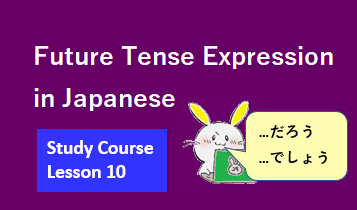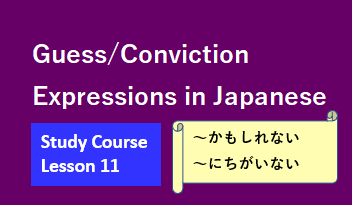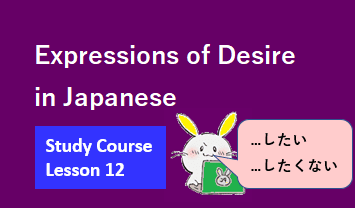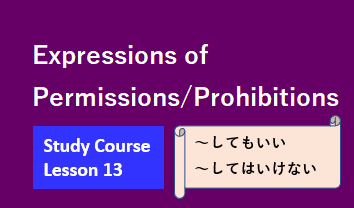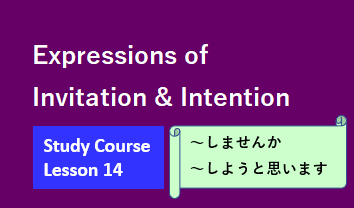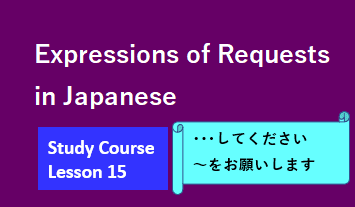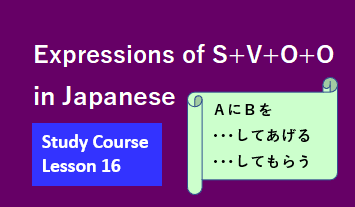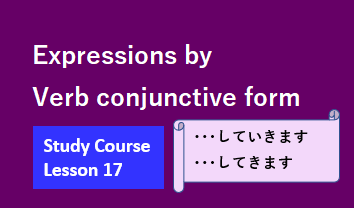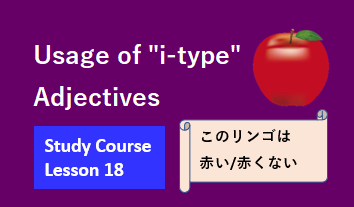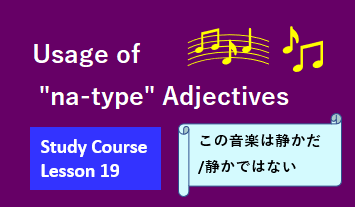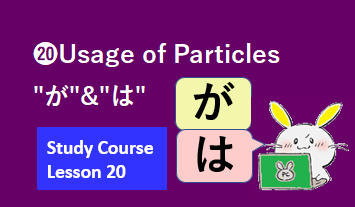Japanese Study Course Lesson2

Hello everyone. I'm Lady JJ. Nice to meet you! Welcome to Japanese Study Course.
In lesson 2, we will study the modification of nouns in Japanese.
2-1 Modifying nouns with pronouns

We already studied the possessive form of personal pronouns and the conjunctive form of demonstrative pronouns in Lesson 1.
- your luggage
- あなたの荷物
◆詳細解釋
- あなたの荷物
- あなたの(personal pronoun possessive)+荷物(noun)
◆詞彙筆記
| あなたの:(personal pronoun possessive) your 荷物 :(noun) luggage |
2-2 Modifying nouns with other nouns
(1)Normal usage
- When modifying nouns with other nouns, use the particle "の" as 'noun + "の" + noun', as in "先生の辞書".
- teacher's dictionary
- 先生の辞書
◆詳細解釋
- 先生の辞書
- 先生(noun)+の(case particle)+辞書(noun)
◆詞彙筆記
| 先生:(noun) teacher の :(case particle) When modifying nouns with other nouns, use the particle "の" 辞書:(noun) dictionary |
(2)When the case particle "の" is omitted
- When a noun modifies another noun, if the noun has a strong connection with the noun that follows it, the particle "の" can be omitted, but it is not always necessary to omit it.
- However, when a country name is used as a modifier, for example, in the case of "中国の友人 friend of China", the particle "の" cannot be omitted.
(Example)
- 「中国語の雑誌」Chinese Magazine
- 「中国の友人」Chinese friends
- 「四川料理」or「四川の料理」Sichuan Cuisine
- 「体育教師」or「体育の教師」Physical Education Teacher
- 「歴史問題」or「歴史の問題」Historical Issues
- 「民間会社」or「民間の会社」private company
2-3 Modifying nouns with to-infinitives, participles and relative pronouns

In English, to-infinitives, participles, and relative pronouns are used to describe nouns in detail, but Japanese usages to modify nouns is simpler in structure and form than English.
Nice to meet you! I'm Rabbit boy. Call me "Rabbit." I will join this course!
Consider sentences in English that use to-infinitives, participles, and relative pronoun modifiers to describe nouns in detail. When you want to express the sentence in Japanese, put a phrase or sentence such as "税関に提出する" before the noun of “申告書.”

- Do you have a declaration to submit to customs?
- Ordinary:税関に提出する申告書はあるか?
- Politely:税関に提出する申告書はありますか?
- Replacing "ある" with "あります" makes it more polite.
◆詳細解釋
- Ordinary:税関に提出する申告書はあるか?
- 税関に提出する(noun modifier)+申告書(subject)+は(nominative particle)+ある(verb, basic form)+か(ending particle, question)。
- 禮貌句:税関に提出する申告書はありますか?
- 税関に提出する(noun modifier)+申告書(subject)+は(nominative particle)+あり(verb, consecutive form)+ます(auxiliary verb, polite)+か(ending particle, question)。
- 税関に提出する(noun modifier)➡税関(object)+に(object particle)+提出する(verb)
◆詞彙筆記
| 税関 :(noun) customs 提出する:(verb) submit 申告書 :(noun) declaration ある :(verb) have ます :(auxiliary verb, polite) か :(ending particle, question) |
◆Advanced Study Conjugation of the verb "ある"
| Negative form Nothing of conjugation of the verb "ある" Auxiliary verb "ない" is added after | お金がない。 I do not have any money. |
| Consecutive form あり(ます) Auxiliary verb "ます" is added after | 税関に提出する申告書はありますか。 Do you have a declaration to submit to customs? |
| Basic form ある The basic form | 駅前に銀行がある。 There is a bank in front of the station. |
| Adnominal form ある(+noun) Noun is added after | 時間があるときに来てください。 Please come when you have time. |
| Hypothesis form あれ(ば) Conjunction particle "ば" is added after | 時間があれば行きます。 I will go if I have time. |
| Imperative form Nothing of conjugation of the verb "ある" State verbs do not have an imperative form | |
| Conjectural form あろ(う) Auxiliary verb "う" is added after | 現実にそんなことがあろうか? Could that really happen? |
In Japanese grammar textbooks, cases in which negative auxiliary verbs are added or cases in which conjectural/intentional auxiliary verbs are added are grouped together as ”a conjugation which means beforehand'' or ”unworn forms''. The reason for using that name is based on the concept of "not yet." For the better understanding of our readers, we do not use this sorting method in KANBE Ryusho's room, in the case of five-stage verb conjugations, we arrange them in the order of "a, i, u, e, o" based on the conjugation form.
2-4 Japanese topic title and subject
- In Japanese, we often use sentences that have a topic title and a subject.
- For example, "あなたは税関に提出する申告書がありますか。(Do you have a declaration to submit to customs?)" has the topic title "あなた(you)" and the real subject "税関に提出する申告書(declaration to submit to customs)."
- Add the title particle "は(wa)" to the topic title and the nominative particle "が(ga)" to the subject.
- If you omit the topic title "あなた", it will be "(あなたは)税関に提出する申告書がありますか。".
- At this time, the title particle "は(wa)" can use as the nominative particle for the subject instead of "が(ga)”.
- In other words, "税関に提出する申告書はありますか。"
Therefore, "(title omission)+税関に提出する(noun modifier)+申告書(subject)+は(nominative particle)+あり(verb)+ます(auxiliary verb, polite)+か(ending particle, question)。"


This is the end of today's study. I hope you have understood how nouns are modified in Japanese!
Please watch the next lesson! See you!
See you next course!





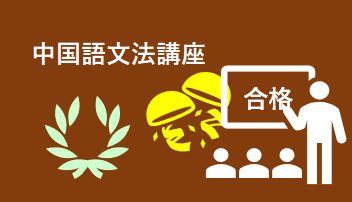
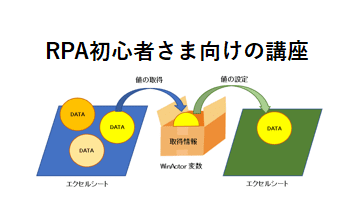


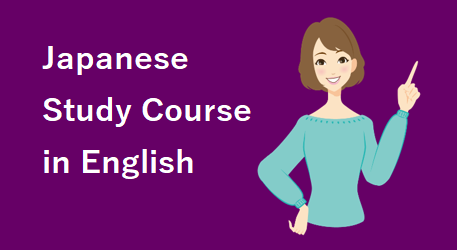

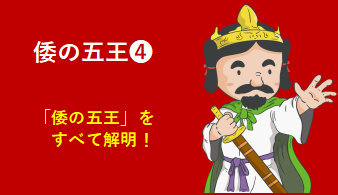
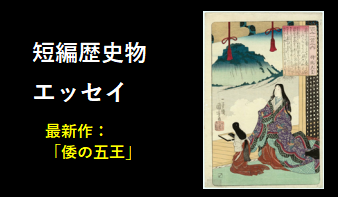
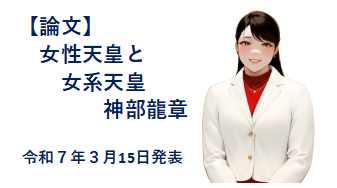

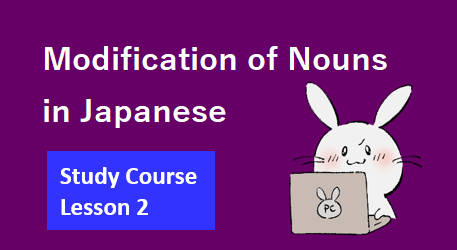


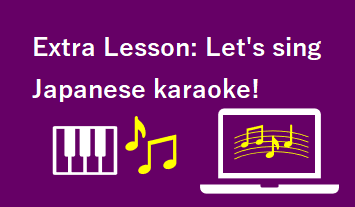
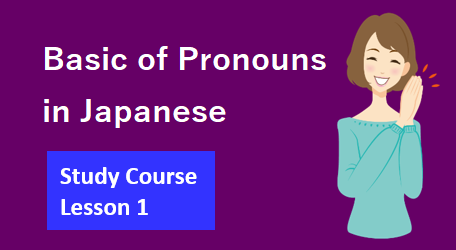


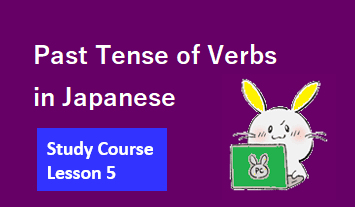
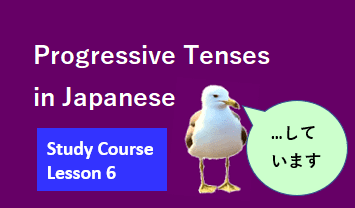
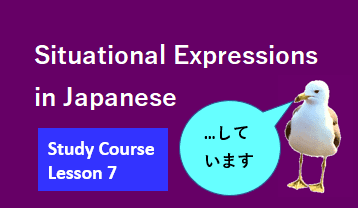
![❽Possible Expressions [1]](https://ryusho-kanbe.com/wp-content/uploads/2023/04/スクリーンショット-2023-04-03-100754.png)
![❾Possible Expressions [2]](https://ryusho-kanbe.com/wp-content/uploads/2023/04/スクリーンショット-2023-04-28-095816.png)
